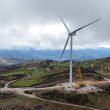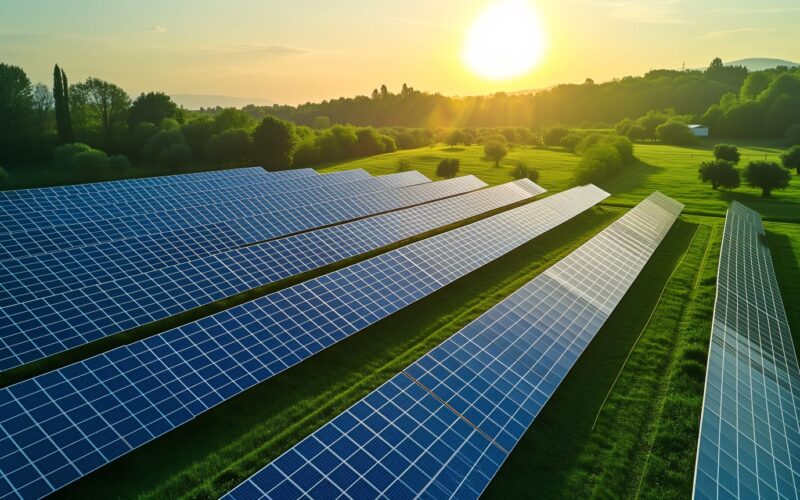Energy Absolute (EA), a Thailand-based renewable energy firm appointed a new board on Monday, with chairman Somchainuk Engtrakul stepping in as acting chief executive, following the resignation of CEO Somphote Ahunai and his deputy Amorn Sapthaweekul over fraud accusations by the market regulator.
In a statement, the company assured that it was operating normally and could meet its debt obligations. EA has gained attention for its rapid expansion as Thailand aims to pivot its auto industry, the largest in Southeast Asia, to electric vehicles. This shift has attracted over $1.44 billion in new investments from Chinese firms setting up EV facilities.
On Friday (12 July), the Securities and Exchange Commission (SEC) accused CEO Somphote Ahunai, his deputy Amorn Sapthaweekul, and a third person of procurement fraud from 2013 to 2015, which allegedly brought them benefits of about 3.5 billion baht ($97 million). In response, Somphote and Amorn resigned to facilitate the investigation. Somphote, who denied wrongdoing, expressed regret, stating, “I really apologise that my personal matter has hurt the confidence of a good company and its 3,000 employees.”
Somchainuk assured that there were no fundamental problems with the company, but emphasised the need to quickly restore confidence. EA stated that its debts due in the third and fourth quarters, including about 3.2 billion baht owed to financial institutions and 5.5 billion baht in bonds, could be paid with cash flow. Creditors include Siam Commercial Bank, the Asian Development Bank, and the Japan International Cooperation Agency, according to Executive Vice President Vasu Klomkliang.
On Monday, the Stock Exchange of Thailand (SET) announced that as EA no longer met the criteria it was dropped from the current SET ESG ratings. Trading in EA shares, which have slumped by about 70% this year, was halted on Monday, with shares of its subsidiaries, Beyond Securities and Next Point, falling 30%. SCB shares also lost 4% on Monday.
Energy Absolute began with biodiesel production in 2009 and later expanded into renewable energy generation with solar and wind projects. Within a decade, it also ventured into EV charging stations, batteries, electric ferries for the Thai capital, and a dedicated subsidiary to manufacture and distribute the vehicles.
Forbes estimated Somphote’s net worth at $4 billion in 2022, as he became a prominent figure in Thailand’s transition to green industries.





















